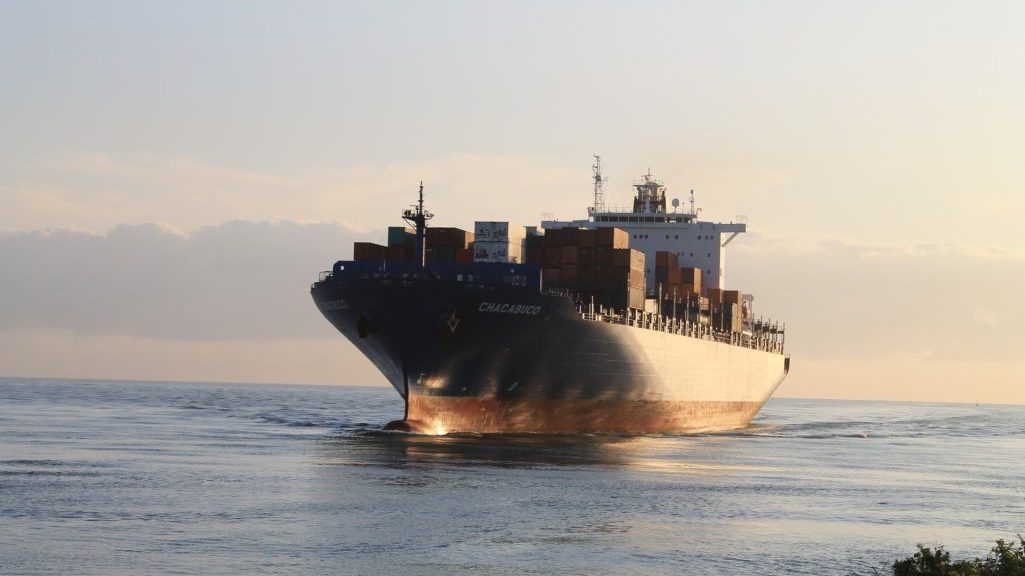Last year, the container shipping industry experienced a significant decline in rates. In 2024, shippers are facing sudden price spikes due to attacks in the Red Sea. Geopolitical tensions have heightened, leaving supply chains vulnerable and creating a continuing challenge for shippers in managing their operations.
The focus is now on increasing operational resilience and agility, as service levels have plummeted, predictability has disappeared, and prices have skyrocketed. Collaborating with forwarders and third-party logistics providers, shippers are seeking maximum visibility, better control of goods flows, and data intelligence to respond effectively to crises and anticipate future challenges.
Efforts to regulate carriers in response to exploitative practices during the pandemic, particularly led by the US Federal Maritime Committee, have been welcomed by shippers. New rules have been implemented to hold carriers accountable for fair billing practices and prevent unfair business practices. Shippers expect carriers to change their practices and prioritise cooperation to mitigate negative effects on consumers and the global economy during supply chain disruptions.
With the sudden implementation of surcharges following the Red Sea attacks, shippers have expressed mistrust in the contracts with carriers and forwarders. Many feel blindsided by cost shocks and lack of information, leading to a stronger degree of mistrust. Shippers are seeking better positioning to handle sudden price hikes, with some medium-sized shippers being particularly vulnerable to carrier practices.
The role of small and medium-sized independent forwarders in providing personalised service, flexibility, and agility is crucial for shippers. Shippers appreciate the high service levels offered by independent forwarders and prefer reliability, accurate documentation, timeliness, and quality communication over the lowest price. The increasing consolidation of ocean carriers into other sectors raises concerns about competition and options for shippers in the logistics industry. Shippers value the role of SME/independent forwarders in maintaining a diverse and competitive logistics ecosystem to meet their evolving needs.

